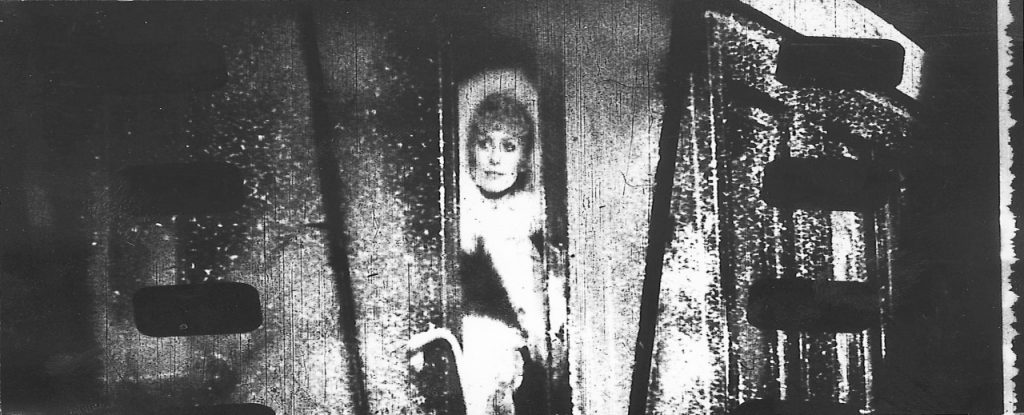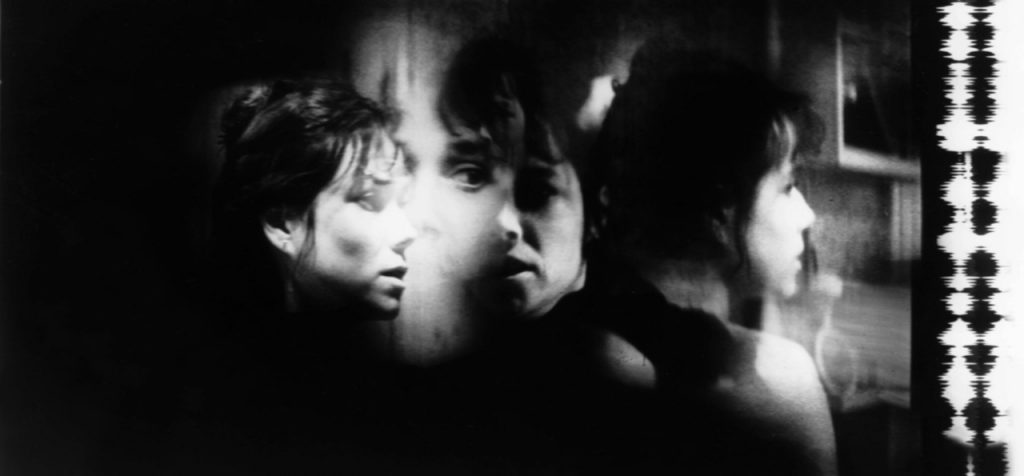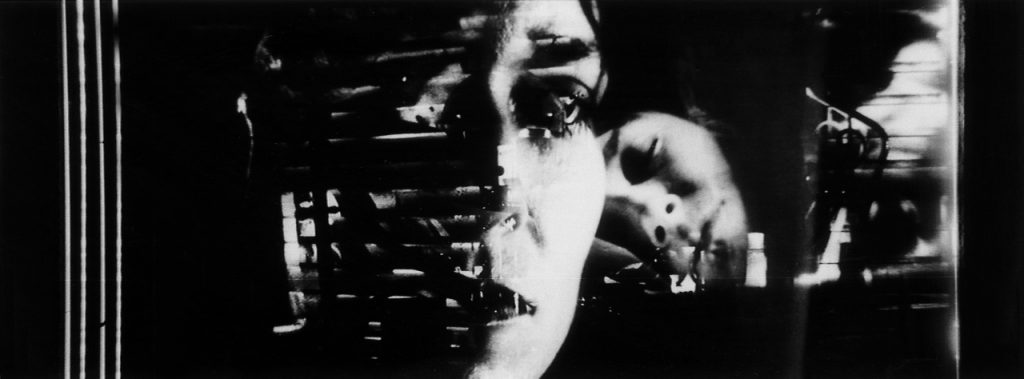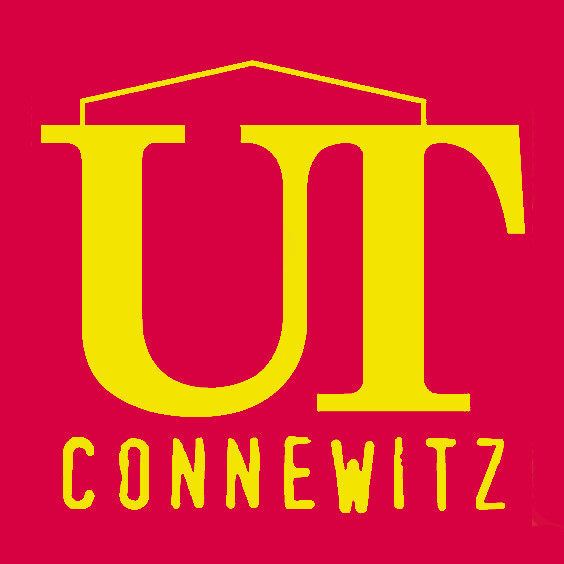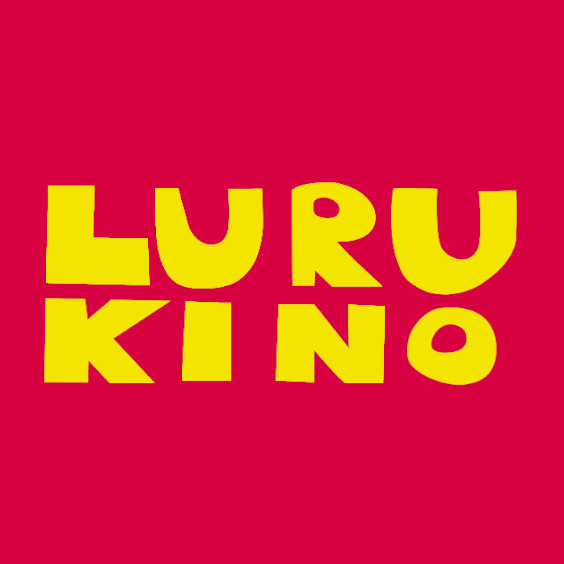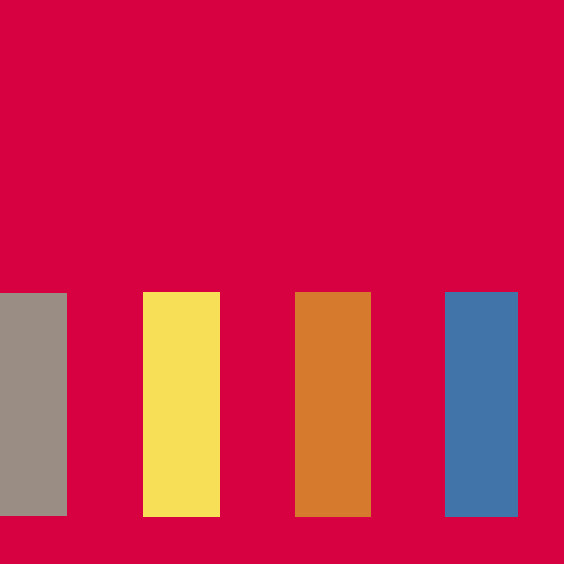Peter Tscherkassky: raw material and the celebrating of an absolute cinema
Is there any better format for the cinema? We haven’t found one yet. So, tonight let’s pay tribute to one of the masters of mangling the old analog film. Tonight, 9pm at Luru-Kino we will show a couple of Peter Tscherkassky’s experimental films from the 90s as well as some more recent ones – on 35mm! – that will put to test your audiovisual sensory apparatus.
Here’s some humble words by the man himself:
»In the case of my dark room films I have used 35mm film, most often CinemaScope. In my opinion, as far as the art of moving images is concerned, this is the most powerful tool I can access and use to produce work on a really low-tech-level. And when I say ›low-tech‹, I mean it. You can’t imagine how low my technical level is when I make my films! As a consequence I don’t need a producer, I don’t need a big budget, I don’t need technicians…« [source: digicult.it]
True Tscherkasskyism!
Peter Tscherkassky: raw material and the celebrating of an absolute cinema
Peter Tscherkassky’s films provoke the viewers with the rough changes of light and dark, sound and silence. Being an achieved analogous craftsman, the Austrian experimental filmmaker copies and recycles found footage, for example minor scenes from horror films, into new intriguingly uncanny compositions. In doing so, his internationally highly acclaimed works not only test the limits of film’s raw materiality through audio processing and multiple exposure, but rather attempt, pursue and shift traditional viewing habits and auditory abilities generally. The heart of his works touches on the pivotal understanding of cinema: it’s about the film itself, its materiality plus the codes that determine its cultural present. Tscherkassky draws inherently slumbering ghosts of the future from obsolete, analogue film material. The results frenetically approach something that defies a description and has to be seen—in the cinema hall, accompanied by thickest darkness and fierce sound.
Happy-End (AT 1996, 11’, 35mm)
Cinemascope Trilogie(AT 1997-2001) [L’Arrivée (1997, 3’, 35mm) / Outer Space (1999, 10’, 35mm) / Dream Work (2001, 11’, 35mm)]
Instructions for a Light and Sound Machine (AT 2005, 17’, 35mm)
The Exquisite Corpus (AT 2015, 19’, 35mm)
25 April, 9pm – Luru-Kino at the Spinnerei – € 6,5/5,5 (red.)

